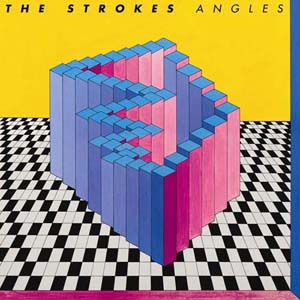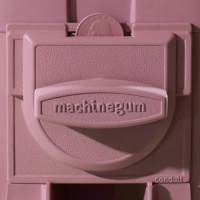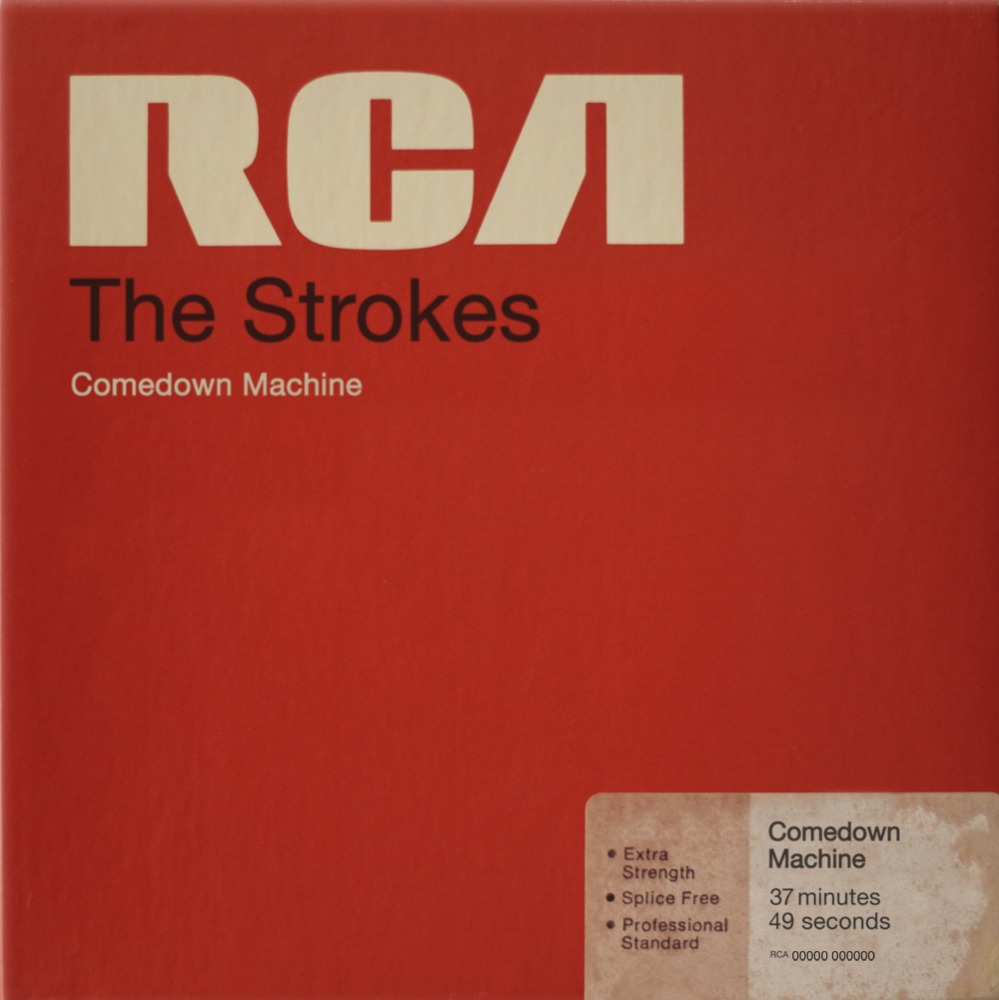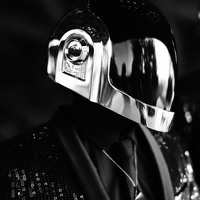
Yes, we lagged on reviewing the new Strokes album. But sometimes it's better to let music sink in and gage the reactions of those who love and those who hate the product before forming an opinion.
Ever since word broke that The Strokes were back in the studio developing their next album after a five year hibernation period, restlessness took over the rock community. This feverish energy spread as people waited on their heels to hear what these seasoned, rock legends could offer to a league of staunch fans, critics and cynics alike, and a new batch of followers gained collectively from their solo projects. And for music reviewers, this album was easily one of those make-or-break projects.
But the reality of Angles, through all of its praises and hard-hits, is that this is an album that takes listening experience and time to ripen into the mature, reupholstered sound that first put them on the map. Thinking back, they debuted in 2001 with Is This It, which respectively gained notoriety as one of the best debut albums in the last decade, infused with some of the best rock/pop songs of all time. They followed it with two artfully crafted albums that kept them on a higher playing field, but not with the same amount of aftershocks as their first. And here they are again in 2011 - after a long sabbatical where they subdivided into esteemed soloists - uniting once again to give the rock community an album cohesive of who they are now: grown-ups.
While people are the first to bitch that Julian Casablancas didn't invest enough of himself into the album, and that if he had, the album might have been in the same league as Is This It, maybe that isn't exactly what the band wanted "“ a regurgitated album from their twenties. These guys aren't after more fame or more fans. If they were, it wouldn't have taken them five years to make their fourth album, when it easily takes some artists only a few months to spit out several chart-topping hits.
No, these are musicians. Their only purpose is to create a sound they are happy to be leading, a sound that initially made them desirable based on an electricity within riffs fit for hurricanes, thought-inducing interludes that warrant a moment of reflection, and Casablancas' narcotized drawl that paralyzes his cooler than cool, never-look-the-camera-in-the-eye persona.
And yet here they are, amalgamated after ditching veteran producer Joe Chiccarelli and reconvening in Albert Hammond Jr's in-house studio with producer Gus Oberg to give the material another look over, completing the final ten tracks to their own accord. Not all songs are hits, but you can't deny that "Under Cover of Darkness" doesn't tap into their nonchalant, Strokes' attitude that first made them so remarkably alluring. Or that "Games" isn't an outstanding adulation to 80s synthpop all-stars if it had not been for Casablanca's subtle mewling. And "Call Me Back," one of the most contrasting songs throughout, delivers a famed, transcending sound over a finger-picked guitar and trippy recitations.
While I cannot begin to proclaim Angles as the best album for The Stroke's new start, I will testify that this is the beginning of something perplexingly fresh. It is their breakthrough, as a collectively-inspired quintet would have it, letting each of their independent sounds conjure a fascinating album meant to marinade, bringing back the beloved garage-rock band we've missed.
I'm optimistic in thinking this is their new foot forward, hopefully being the commencement that leads to more mellifluous and full-bodied albums. But in case that day never sees light, I'm grateful in being given the chance to hear them one last time, on an album that definitely delivers "Two Kinds of Happiness." On their own terms, of course.
SIMILAR SONGS



